Understanding Cronyism and Monopolies
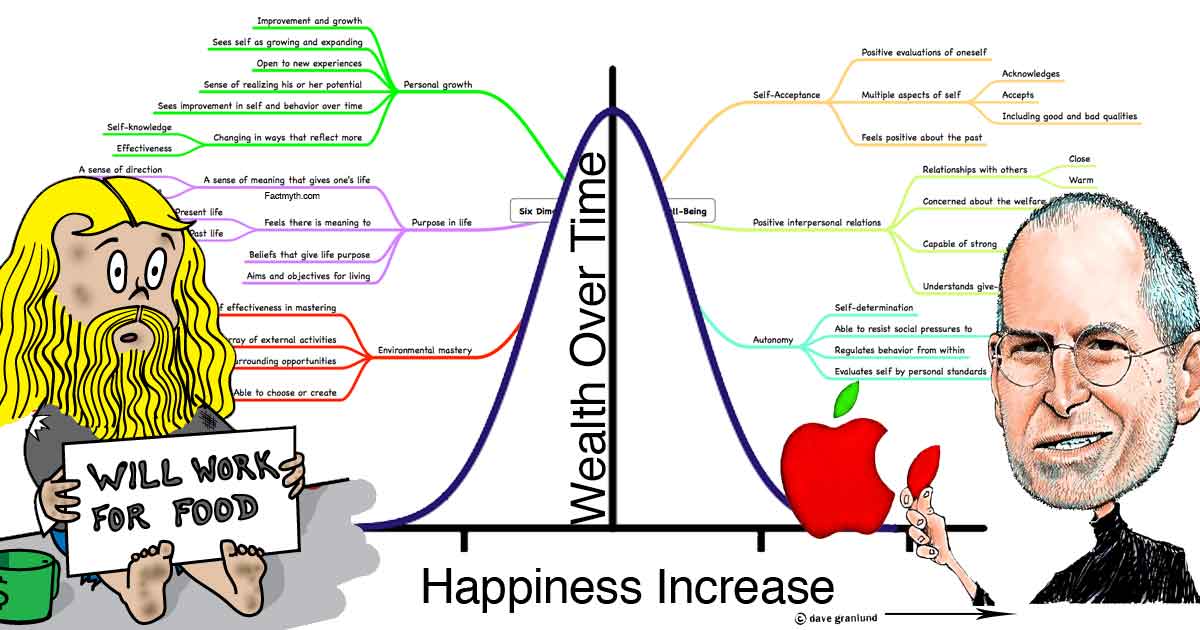
We explain two types of special interests: cronyism (politicians working with corporate interests) and monopolies / oligopolies (the consolidating of corporate power in a given industry to one or few entities).
The political terms left and right are comparative terms that describe political views as: liberalism, collectivism, and liberty (left) vs. conservatism, individualism, and authority (right).
Since political ideology is a complex spectrum of beliefs and actions, the terms are best applied with nuance. They can be used to make absolute statements like Monarchies are right-wing forms of government in terms of power structure. Or they can be used to make comparative statements such as, a progressive Democrat is to the right of a radical anarchist. See the pages below for detailed discussions into the aspects of the political left and right.

We explain two types of special interests: cronyism (politicians working with corporate interests) and monopolies / oligopolies (the consolidating of corporate power in a given industry to one or few entities).
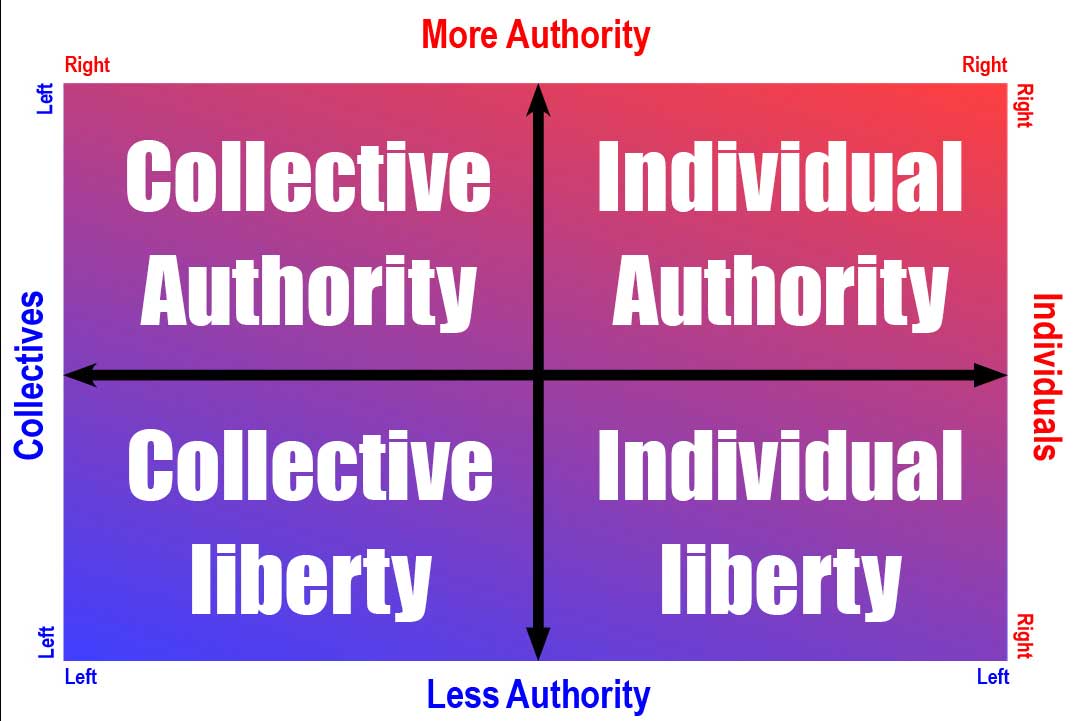
Collectivism describes ideology (political or otherwise) that favors the collective, like-wise Individualism describes ideology that favors the individual.

We explain populism, globalization, nativism, nationalism, neoliberalism, modernization, and other terms important for understanding modern world politics.
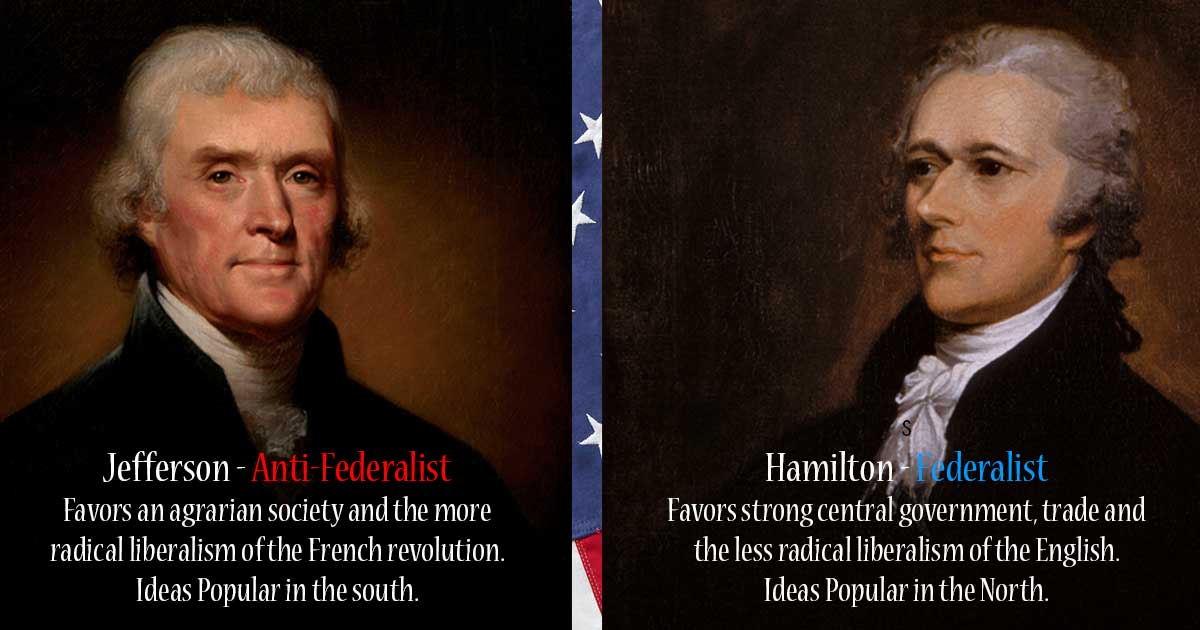
The Federalists and Anti-Federalists were the first political factions of the U.S.. They arose out of a debate over the ratification of the 1787 Constitution and went on to form the basis of our current two-party system.
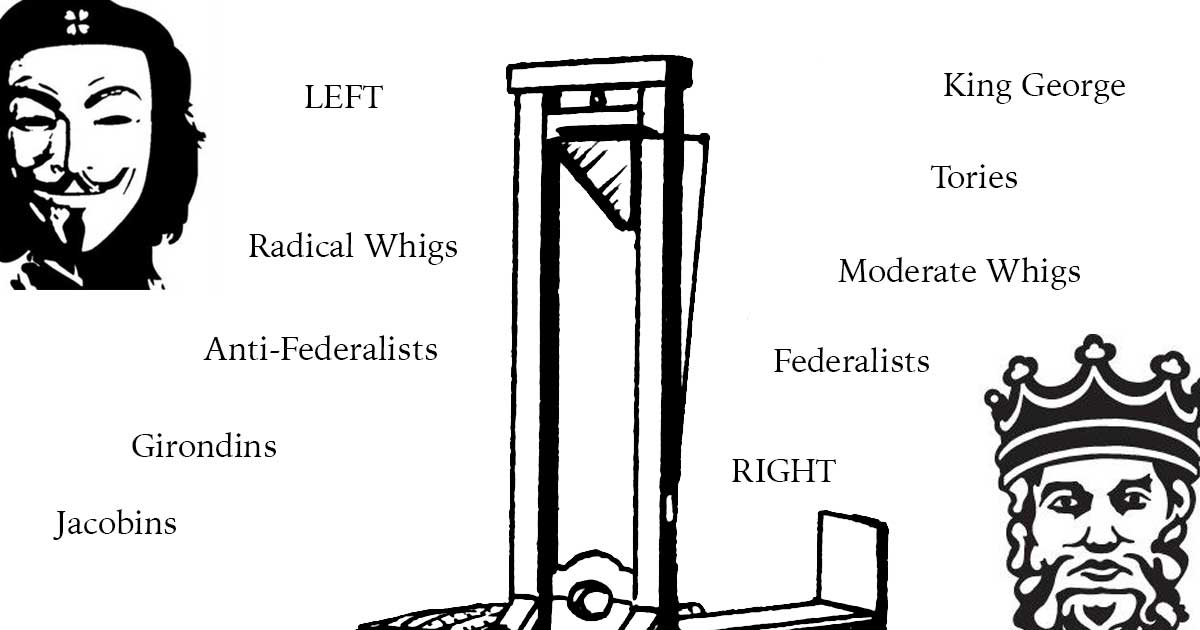
The modern usage of the political terms left and right comes from the French Revolution of 1789 when supporters of the king stood to the president’s right, and supporters of the revolution to his left.
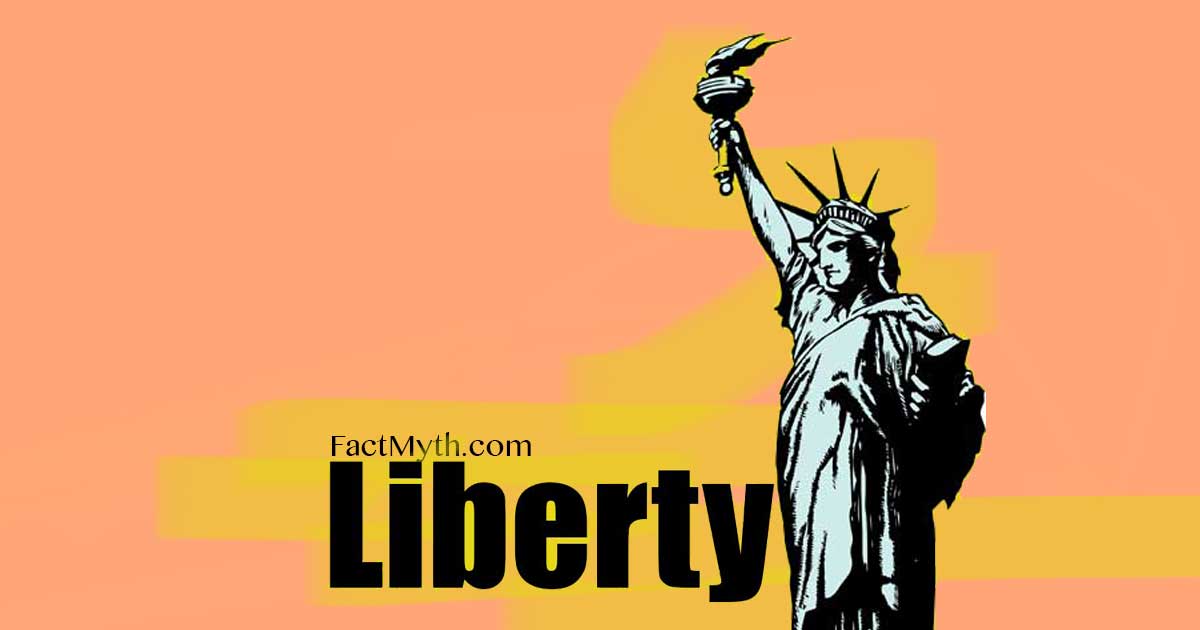
Classical liberalism arose in opposition to state-imposed religion and aristocracy in the 1600 – 1700’s during the Age of Enlightenment in Europe and America.
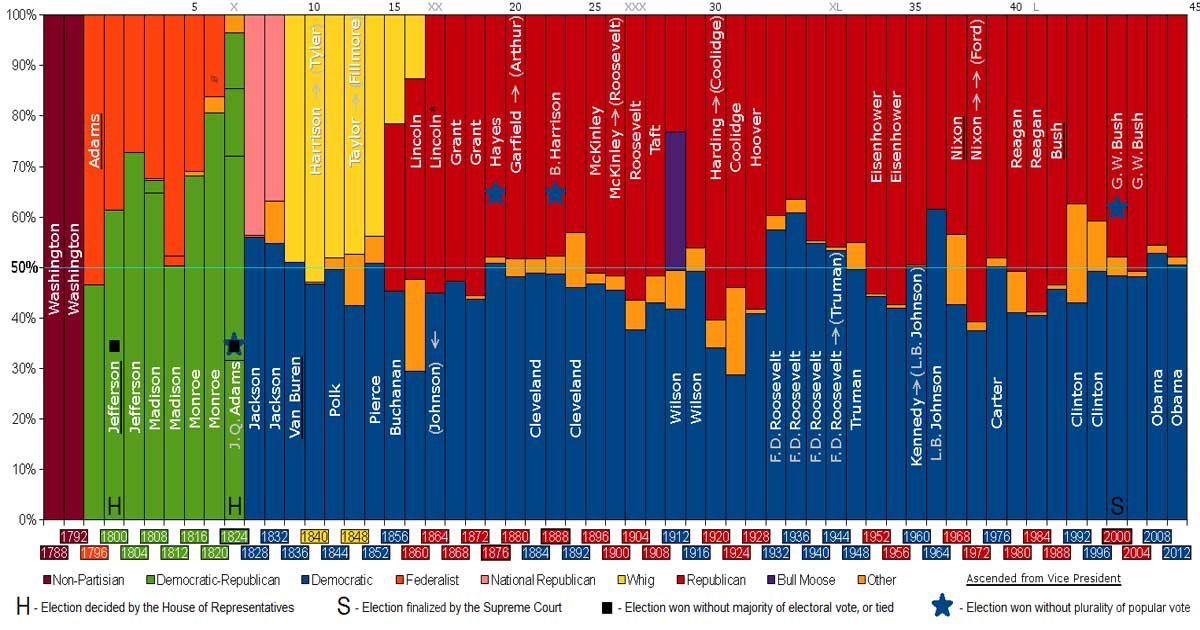
On this page, we look at political parties from a historical perspective to better understand the underlying left-right politics all political parties are based on.

Most groups, bound by class, race, religion, socioeconomic status, or some other force have faced oppression with rebellion. Here are tips on avoiding common pitfalls.
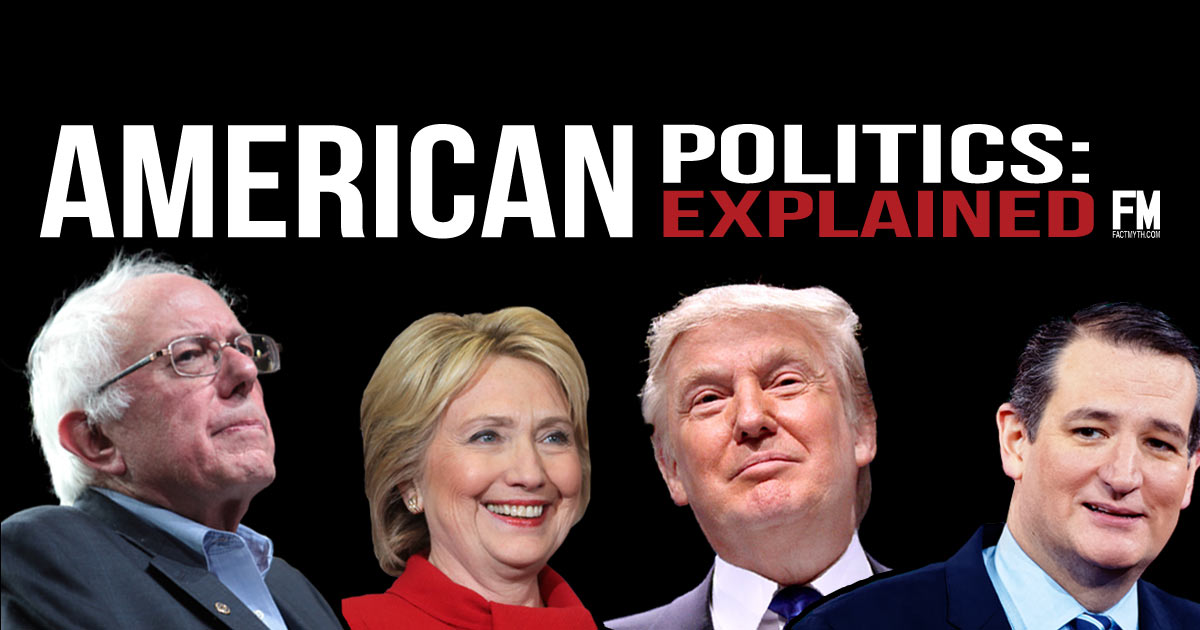
A simple explanation of American politics including an overview of US history, the political parties, and the political system.
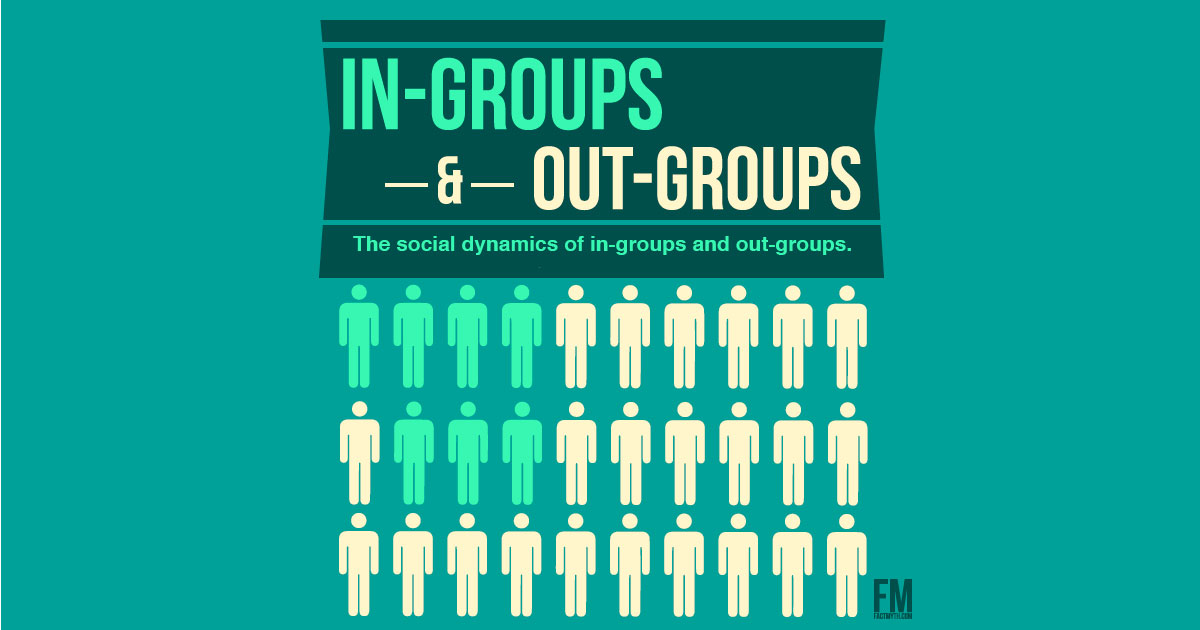
An “in-group” is a group you are part of (genetically, culturally, or ideologically), while an “out-group” is a group you aren’t part of.